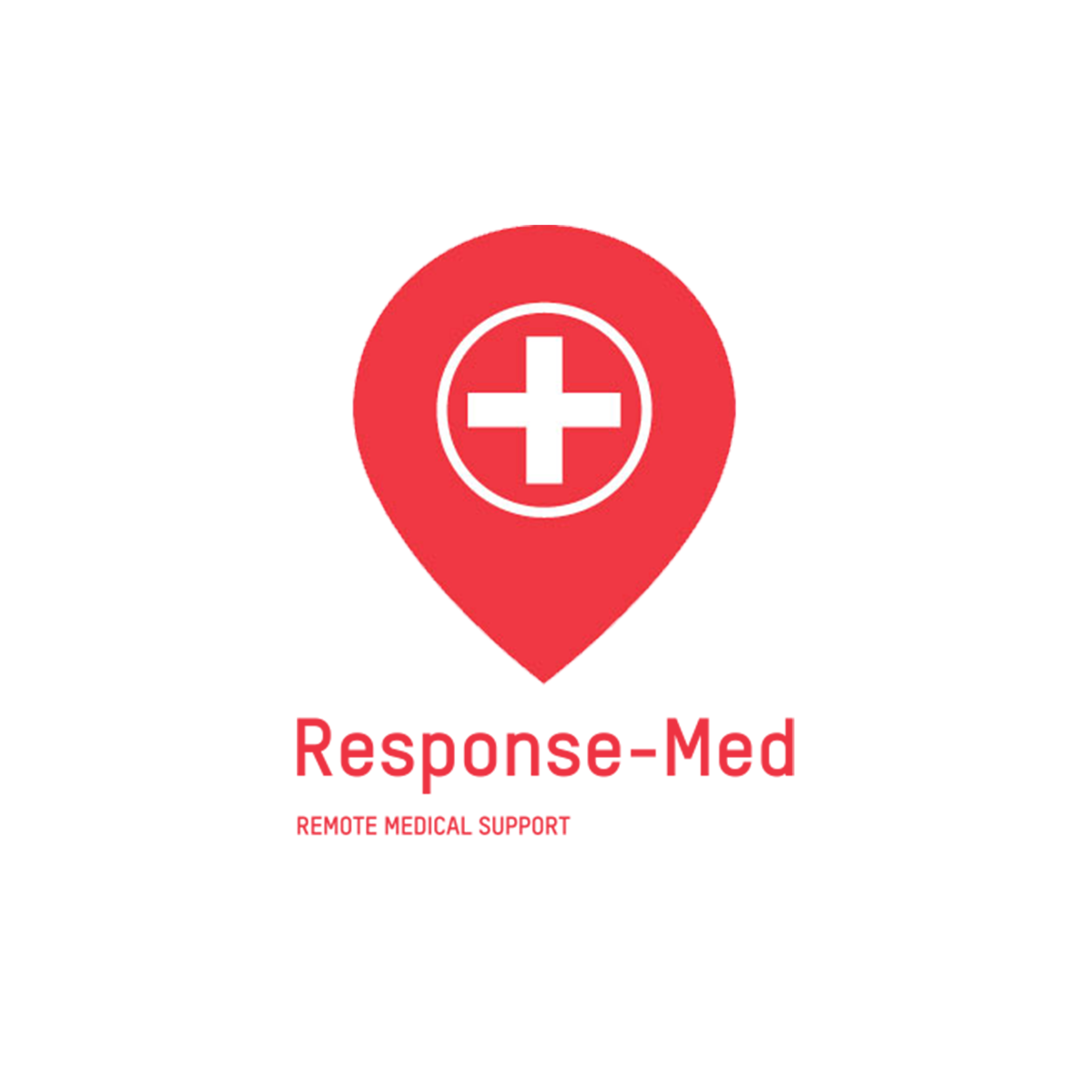In a medical emergency, the clock is always ticking. The difference between life and death can be a matter of hours, minutes or even seconds.
In the West, time is usually on the patient’s side. The average travel time to a hospital in Europe is only one hour. While in large swathes of Africa, it is one full day.
This is a major concern for Western firms operating across Africa, especially those working in industries with remote sites that carry higher levels of risk, such as the energy, renewables, mining or infrastructure sectors.
Many HR departments, who are understandably naturally risk averse, jump to the conclusion that bigger is better and opt for the legacy providers, with smooth talking executives based out of London, Paris, Berlin or Johannesburg. The ‘throw money at the problem’ approach often seems like the best option for them to ensure their employees safety.
While they believe this is the safest bet, on the ground however, the reality is different
Local knowledge and networks are the most important tool for getting a patient from A to B in the fastest time possible.
The Response-Med team recently completed a successful medivac from northern Kenya to Nairobi. We were able to get the patient, who had a life threatening injury, to an internationally-recognised hospital in under 6 hours. To those who have never operated in the region, this may appear to be a long time. A quick search on Google Maps will promise you a hassle-free and speedy journey by plane. There and back within 2.5 - 3 hours. But if you scratch beneath the surface, the local nuances at play on that specific day paint an entirely different picture. One that required local knowledge to get the job done.
The medical evacuation took place on a national holiday. Again, to the untrained eye this may not seem like a significant issue. But for this particular national holiday, the Ministry of Defence (MoD) had shut down all Kenyan airspace to allow for a military air show.
This is where the ticking clock comes back into play. The airspace was supposed to be shut down for 2 hours, too long for our patient. We were able to persuade the relevant authorities to re-open the airspace for a 45 minute window, just enough time for a fixed wing aircraft to get in and out for the evacuation. The patient was airlifted safely, and ultimately survived.
In this world of hours, minutes and seconds, the relationships that have been developed by Response-Med’s boots-on-the-ground approach to knowledge and relationship building, were crucial to pulling off this mission.
Many HR executives are now starting to see the benefit of going local. But old habits die hard. Recently, I was told that one provider had promised a client that they could evacuate someone from the Ethiopian Highlands, to Addis Ababa and eventually Nairobi, in two hours.
I asked if they had considered the fact that medivacs required MoD approval in Ethiopia, that in the area under discussion, a no-fly zone was enforced past 6pm and that weather patterns would play a decisive factor in any evacuation, which could only be assessed on the day.
The look of surprise gave me the answer I suspected. When we are talking about life and death, no corners can be cut. Simply put: strong local knowledge can be the difference between life and death.


